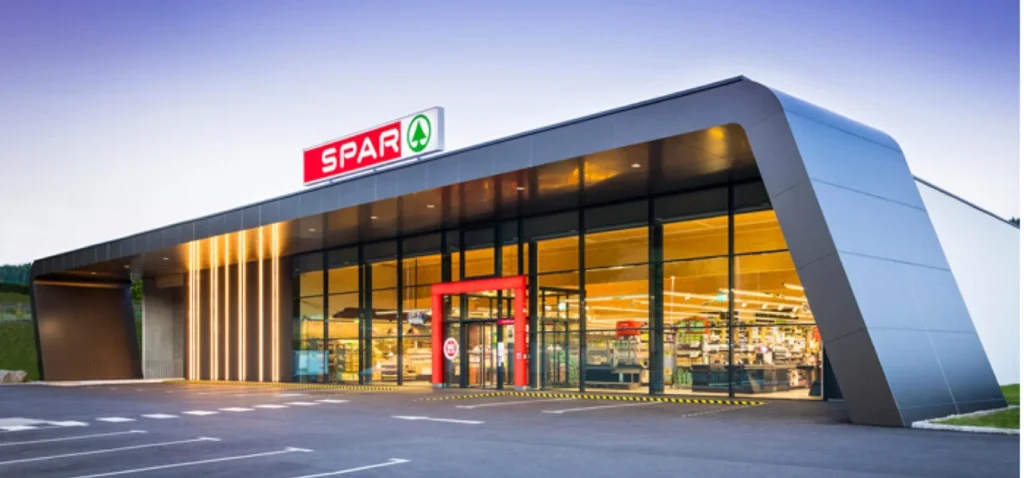The Organisation of the Petroleum Exporting Countries (OPEC) has highlighted the transformative impact of Nigeria’s Dangote Petroleum Refinery on the global Premium Motor Spirit (PMS) market. Since the refinery began producing PMS in September 2024, it has reduced Nigeria’s reliance on imported fuel, altering the dynamics of petrol exports from Europe.
Dangote Refinery’s Production and Export Achievements
The 650,000-barrel-per-day capacity refinery, which started operations in January 2024, has emerged as a significant player in the global energy market. It produces PMS, diesel, and aviation fuel for domestic use and export to various countries within and outside Africa.
In a report released on Wednesday, OPEC stated that the refinery’s output has reduced Nigeria’s need for petroleum product imports, which has historically dominated the country’s fuel supply chain.
OPEC noted, “The ongoing operational ramp-up efforts at Nigeria’s new Dangote refinery and its gasoline exports to the international market will likely weigh further on the European gasoline market. Continued gasoline production in Nigeria, a country that has relied heavily on imports to meet its domestic fuel needs in the past, will most likely continue to free up gasoline volumes in international markets which will call for new destinations and flow adjustments for the extra volumes going forward.â€
European Market Adjustments
The reduction in Nigerian imports has forced European exporters to adjust their strategies. OPEC observed that gasoline inventories in major European hubs, including Amsterdam-Rotterdam-Antwerp (ARA), remained high, with winter-season pressures lengthening the gasoline balance in the Atlantic Basin.
While the gasoline crack spread in Rotterdam against Brent crude rose slightly due to exports, the lengthened balance has continued to exert bearish market sentiment.
Nigeria’s Crude Oil Production
OPEC’s Monthly Oil Market Report revealed that Nigeria’s average daily crude oil production reached 1.507 million barrels per day (mbpd) in December 2024, reflecting a 12,000bpd increase from November. However, figures provided by the Nigerian Upstream Petroleum Regulatory Commission and the government recorded a slightly lower output of 1.485mbpd for December.
Dangote Refinery’s Global Ranking
The $20 billion Dangote Petroleum Refinery ranks above Europe’s 10 largest refineries in terms of capacity. According to data from Bloomberg, its refining capacity of 650,000 barrels per day surpasses Shell’s Pernis refinery in the Netherlands, Europe’s largest, which has a capacity of 404,000bpd.
Other major European refineries include:
- BP Rotterdam Refinery, Netherlands: 380,000bpd
- GOI Energy ISAB Refinery, Italy: 360,000bpd
- TotalEnergies Antwerp Refining Facility, Belgium: 338,000bpd
- Orlen Plock Refinery, Poland: 327,000bpd
- Shell’s Rheinland Refinery, Germany: 327,000bpd
- Miro Refinery, Germany: 310,000bpd
- ExxonMobil Antwerp Refinery, Belgium: 307,000bpd
The Dangote Refinery’s output capacity positions it as a game-changer not only for Nigeria but also for the global petroleum market.
Implications for Nigeria and Global Markets
The operational success of the Dangote Refinery has strengthened Nigeria’s energy independence while impacting global fuel supply chains. By reducing the country’s reliance on European imports, the refinery has freed up gasoline volumes for other international markets, forcing exporters to identify new destinations for surplus supplies.
Domestically, the refinery contributes to energy security, boosts economic activity, and enhances Nigeria’s status as a significant player in the global energy sector. For Europe, the refinery’s impact underscores the importance of adaptability in a shifting energy landscape.
Conclusion
The Dangote Refinery’s influence extends beyond Nigeria’s borders, reshaping global energy markets and highlighting the transformative potential of strategic investments in infrastructure. As operations continue to ramp up, the refinery is poised to maintain its position as a key driver of change in the international petroleum market.












